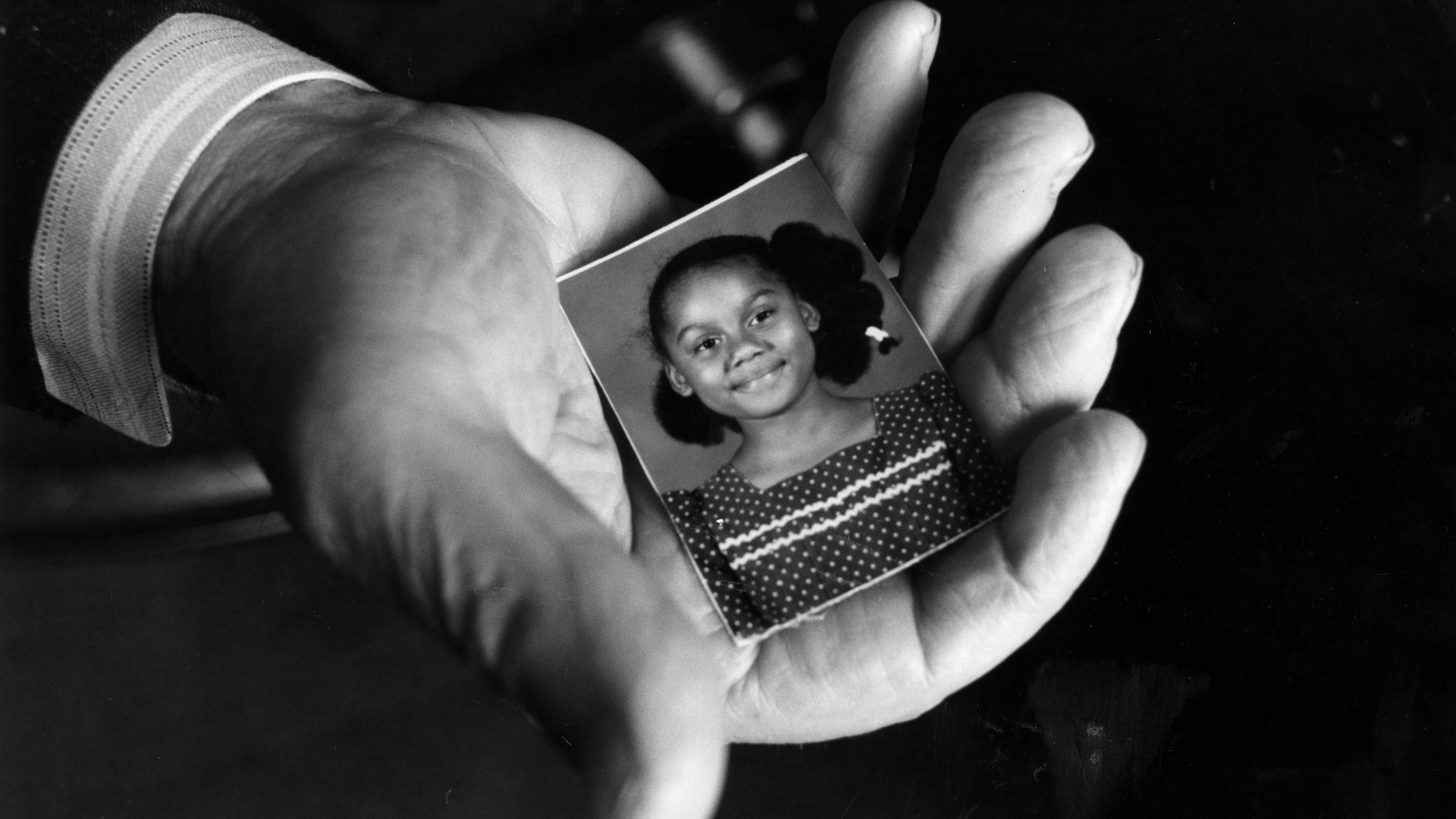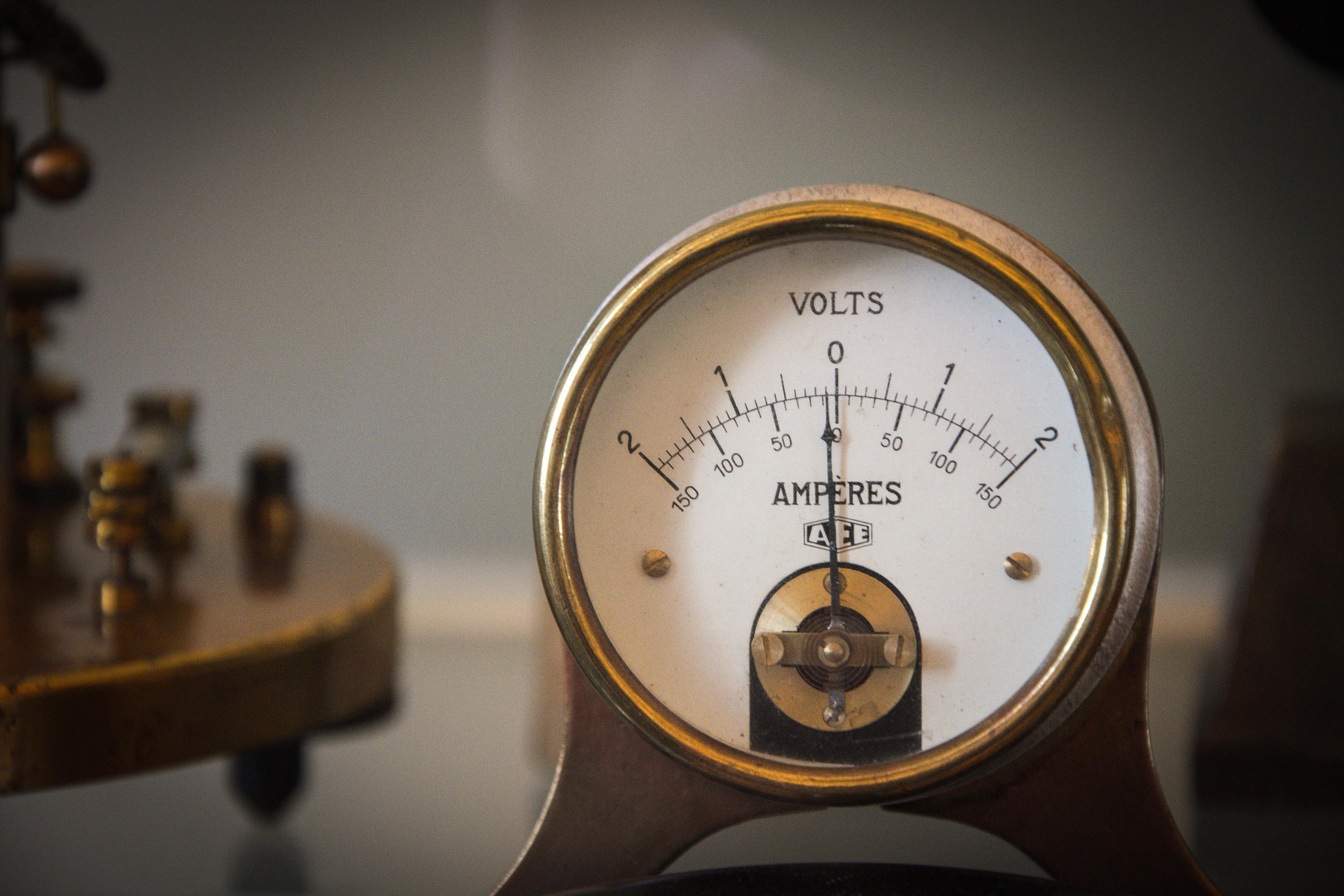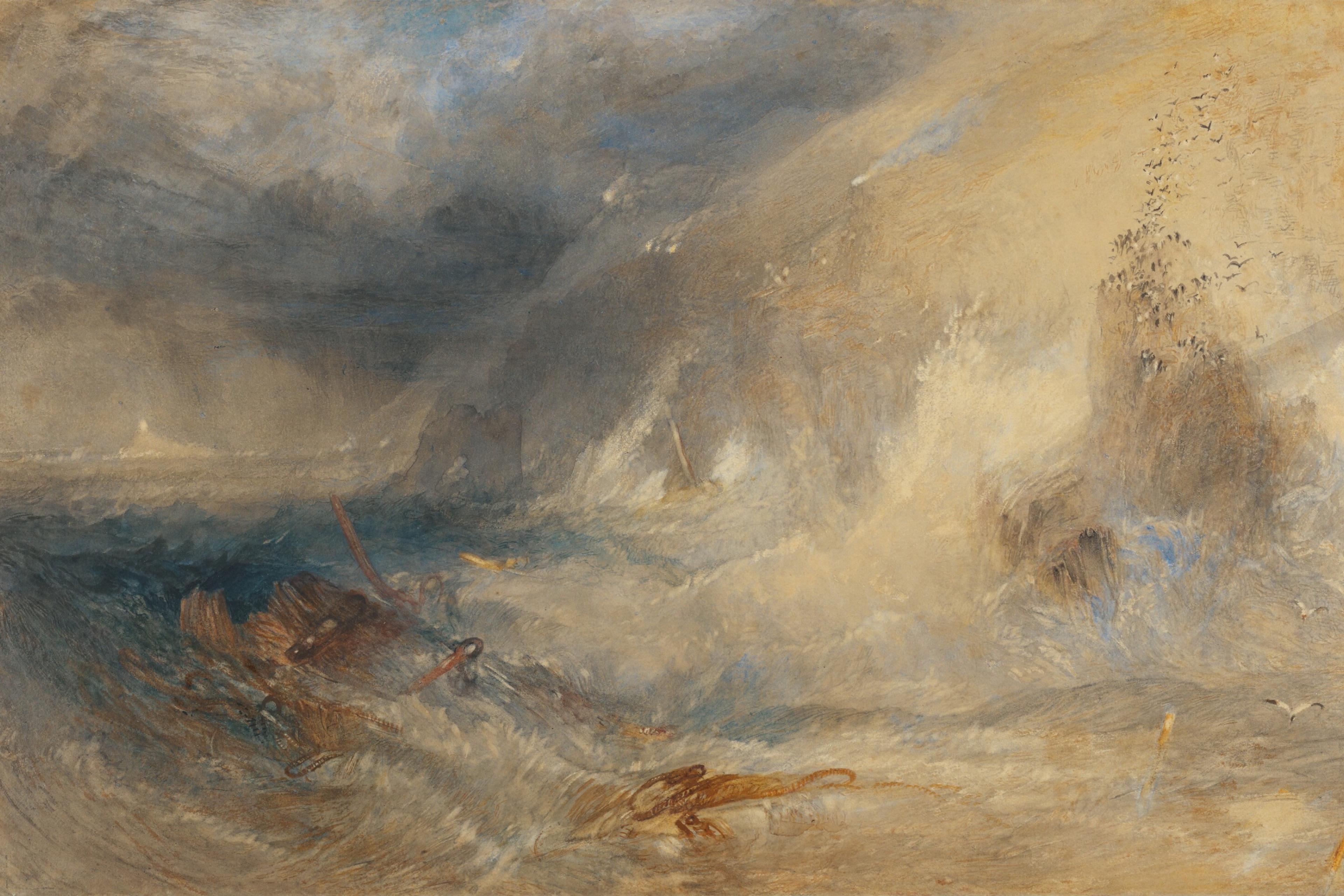‘Segregation now! Segregation tomorrow! Segregation forever!’ Those were the infamous words of George Wallace, the newly elected governor of Alabama, in 1963. Yet this man – described by Martin Luther King Jr as ‘perhaps the most dangerous racist in America’ – eventually had a change of heart.
There were many factors at play, but one event seemed to trigger Wallace’s moral metamorphosis. In 1972, during his presidential bid, Wallace survived an assassination attempt that left him paralysed from the waist down. According to his daughter, the shooting changed his life, partly due to a subsequent visit from his opponent Shirley Chisholm, who was then the first African American woman to campaign for president. Chisholm’s kindness during a time of upheaval brought Wallace to tears, and soon his prejudice began to crumble. He sought forgiveness from the African American community and was eventually forgiven by the civil rights leader John Lewis, in The New York Times in 1998.
What if Wallace could have shifted his perspective without tragedy? Humans are a rather stubborn lot: we seem to rarely change our minds about politics or deeply held values. Sure, we debate and deliberate about the issues, but our reasoning is frequently motivated toward confirming what we already believe or want to be true. Yet transformative experiences are common – and they shed light on how moral insight might be deliberately sparked. Falling in love, becoming a parent, braving bootcamp, going to college and backpacking in distant parts of the world are just some examples of the kinds of experiences that can open one’s eyes to other values and perspectives. During an uplifting pilgrimage to the Middle East, for instance, Malcolm X witnessed a ‘spirit of unity’ among Muslims of different ethnicities that encouraged him to abandon an ideology of violence and separatism.
Consider also the many former opponents of gay marriage, such as the Republican senator Robert Portman, who changed their minds after a loved one came out. Portman certainly knew about some of the moral arguments for legalising same-sex marriage, but discovering that his own son is gay was crucial to his dramatic reversal. Such personal connections, which cut through the abstraction of political debate, partly explain why social change on marriage equality was so rapid. Since same-sex attraction is found across all demographics, a wide range of people discovered that they knew and loved someone who is gay. In just a couple of decades, same-sex marriage changed from a hotly contested issue in many countries to the law of the land.
Transformative experiences needn’t always make one more liberal (or less conservative). The social psychologist Jonathan Haidt recounted in his book The Righteous Mind (2012) how working in India for three months forced him to step outside his ‘home morality’ and ‘see beauty in a moral code that emphasises duty, respect for one’s elders, service to the group, and negation of the self’s desires.’ Living among people with fundamentally different values helped transform him from a staunch liberal into an outspoken moderate.
Powerful experiences aren’t the only ingredients for moral transformation. One must also recognise reasons for adopting an alternative point of view. Malcolm X wrote of his pilgrimage: ‘[W]hat I have seen, and experienced, has forced me to rearrange much of my thought-patterns previously held, and to toss aside some of my previous conclusions.’ Gay son or not, Portman wouldn’t support same-sex marriage if it didn’t promote fairness, liberty and stronger families.
Portman didn’t choose to have a gay son any more than Wallace chose to have bullets tear through his body
Moral values and arguments are the fuelwood. But something needs to set the bundle ablaze. Profound personal experiences – both tragic and transcendent – can create a tiny flame that ignites a rational fire. Often the critical element is a human connection brimming with mutual trust and respect, which makes it harder to disregard alternative points of view. The flame sheds light and forces a reckoning.
Luck, whether good or bad, also often plays a role in sparking the moral change. Portman didn’t choose to have a gay son any more than Wallace chose to have bullets tear through his body. And these transformative experiences of chance often come too late – well after someone’s pre-existing moral values have done damage to relationships or public policy.
Society would likely be better off if we all exercised more agency over our ethical epiphanies. There is no shortage of controversial issues for us to resolve, such as climate change, wealth inequality, discrimination and animal welfare. If we seek moral knowledge and a willingness to escape our own echo chambers, then we might consider deliberately striking a match or two, safely and responsibly. But how?
Shaping one’s own moral outlook can take many forms – some traditional, some modern. We’ve seen that travelling abroad can be transformative by providing direct experience of alternative ways of thinking and living. Surely Malcolm X and Haidt had already heard about racial coexistence and non-liberal values but experiencing them first-hand was another matter.
Travelling out of one’s comfort zone can also lead to life-changing relationships. Leah Garcés, the president of the nonprofit Mercy For Animals, has fought vehemently against factory farming for decades. In her book Grilled: Turning Adversaries into Allies to Change the Chicken Industry (2019), she writes about befriending a chicken farmer who struggled to keep his business afloat while trying to make use of land inherited from his family:
As Craig told me the story … I felt ashamed. I had until that moment been solely concerned with the birds. I hadn’t had much empathy to spare for the farmers – until I actually met one. Until I heard Craig’s story … it was so easy for me to dismiss and demonise him.
This encounter wasn’t an accident. Garcés deliberately moved to Georgia, the state that produces the most chicken in the United States, to better understand the industry she detests. It wasn’t enough to study it from afar. She wanted to witness industrial farming first-hand. As a result, she shunned an ‘us versus them’ mindset and came to appreciate the plight of the farmer.
Like meditation, psychedelic experiences seem to provide a possible route to moral improvement
Expanding one’s moral mind can also be done from the armchair. Meditation is aimed at developing the virtues of tranquility, self-awareness, and being present. The set of brain areas responsible for mind-wandering and self-centred thoughts is the default mode network. Accordingly, in a 2011 study neuroscientists found that key nodes in this network are less active and less connected in expert meditators than in ordinary people, both during and outside the act of meditating. Although more of a skill than a singular experience, ancient practices like loving-kindness meditation provide a way to deliberately spur compassion for others and the environment, as intended by Buddhist philosophy.
What about psychedelics, such as psilocybin (magic mushrooms), MDMA (ecstasy) and ketamine? Like meditation, psychedelic experiences seem to provide a possible route to moral improvement. Users commonly undergo ‘ego-dissolution’, in which the division between self and other is blurred, such that users feel one with others and the Universe. In an episode of his podcast in 2021, the writer Coleman Hughes describes how his ‘self-hatred melted away’ while on MDMA, which produced a wholehearted self-acceptance that made it ‘impossible to dislike anyone else’ either. Although the intense compassion for himself and others was temporary, it yielded lasting insight into how he often displaces his own faults and insecurities on to people he dislikes.
Mind-altering substances have long been a source of moral insight for cultures around the world, and modern incarnations are becoming more mainstream with support from scientific research. In one study, research participants consumed a substance toward the end of a five-day mindfulness meditation retreat. Half of the participants were randomly assigned to ingest psilocybin, the other half a placebo. Neither the researchers nor the participants knew who received which. An analysis after the retreat revealed that ego-dissolution or ‘oceanic self-boundlessness’ was experienced to a greater degree by those who took the psychedelic. And these participants showed less functional connectivity between nodes in the default mode network.
The moral relevance of such experiences is that they tend to tamp down our egos while boosting empathy and awe. Philosophers in many traditions – from ancient Greeks to Sikhs – have long identified the ego as Ethics Enemy Number One. Becoming less self-centred makes us more open to other people’s ideas, values and needs. As the neuroscientist Roland Griffiths put it in an episode of the Making Sense podcast, both psychedelics and meditation can help provide ‘a basis for rewriting a morality or ethical understanding’.
Of course, that a moral outlook has changed doesn’t make it good. Some people discover novel perspectives or communities that transform them into raging racists or ideological zealots. Like compassion, extremism can result from powerful experiences and human connections that provide the sense of meaning and purpose we all desperately crave.
How can we know whether a change of view about controversial issues, such as abortion or carbon taxes, amounts to moral improvement? That itself is a moral question, and far be it from me to pronounce a comprehensive answer. Yet experiences that do promote compassion and mutual understanding are likely to reduce tribalism and expand our moral circles, which is widely regarded as a central form of moral progress.
Calibrating your brain’s moral compass might seem like science fiction, but neuroplasticity makes those 86 billion neurons in your skull malleable. It’s more difficult for older brains to learn new tricks, but it’s not impossible. Adult stroke patients can recover some lost speech or limb movement – and politicians can learn the error of their ways.
The moral mind might be unlikely to change shape in ordinary circumstances but, like a plastic jug, it can be reformed with some heat. Each of us goes through many psychological changes throughout the normal course of our lives. Puberty furnishes us with new interests and desires – and moods – that arise from altered chemicals and connections in the brain. The same goes for experiences such as marriage, divorce, childbirth, bereavement, or a midlife crisis.
Profound experiences can be just as important as aiming to be open-minded
Clearly our moral values aren’t set in stone, and luck isn’t the only way to shake them up. With care, we may be able to exert more agency over our moral transformations through traditional practices and more modern methods that allow us to scrutinise and dislodge seemingly inflexible beliefs.
The hope is not that governments or corporations will create utopia or bend us to their will by mandating meditation or lacing the water with oxytocin. Rather, for those individuals seeking moral wisdom or aiming to be on the right side of history, it’s crucial to see that profound experiences can be just as important as aiming to be open-minded and considering the arguments on all sides.
We should of course tread carefully since moral transformations can be regressive. The better we understand them, though, the more we can nudge them in noble directions through our own decisions – from cultivating contemplative practices to befriending our enemies. Choosing to leave a moral comfort zone can be unnerving, but it’s better than stumbling upon insight through tragedy, or reaching it too late. Rather than wait for an unforeseen event to open our eyes to another perspective, we can choose to see a bit more clearly.








